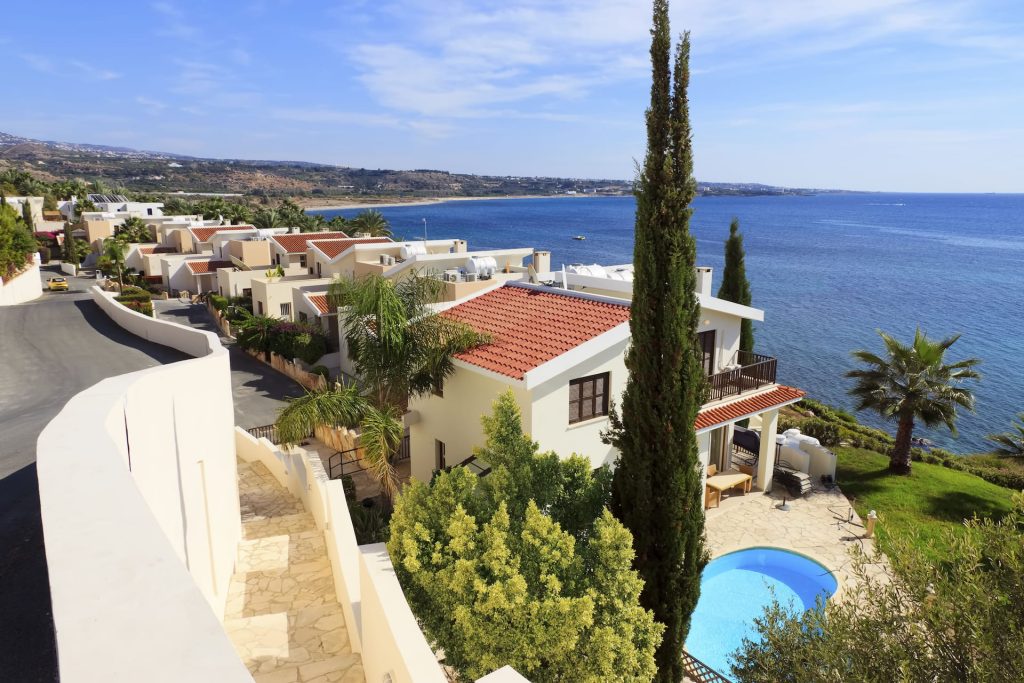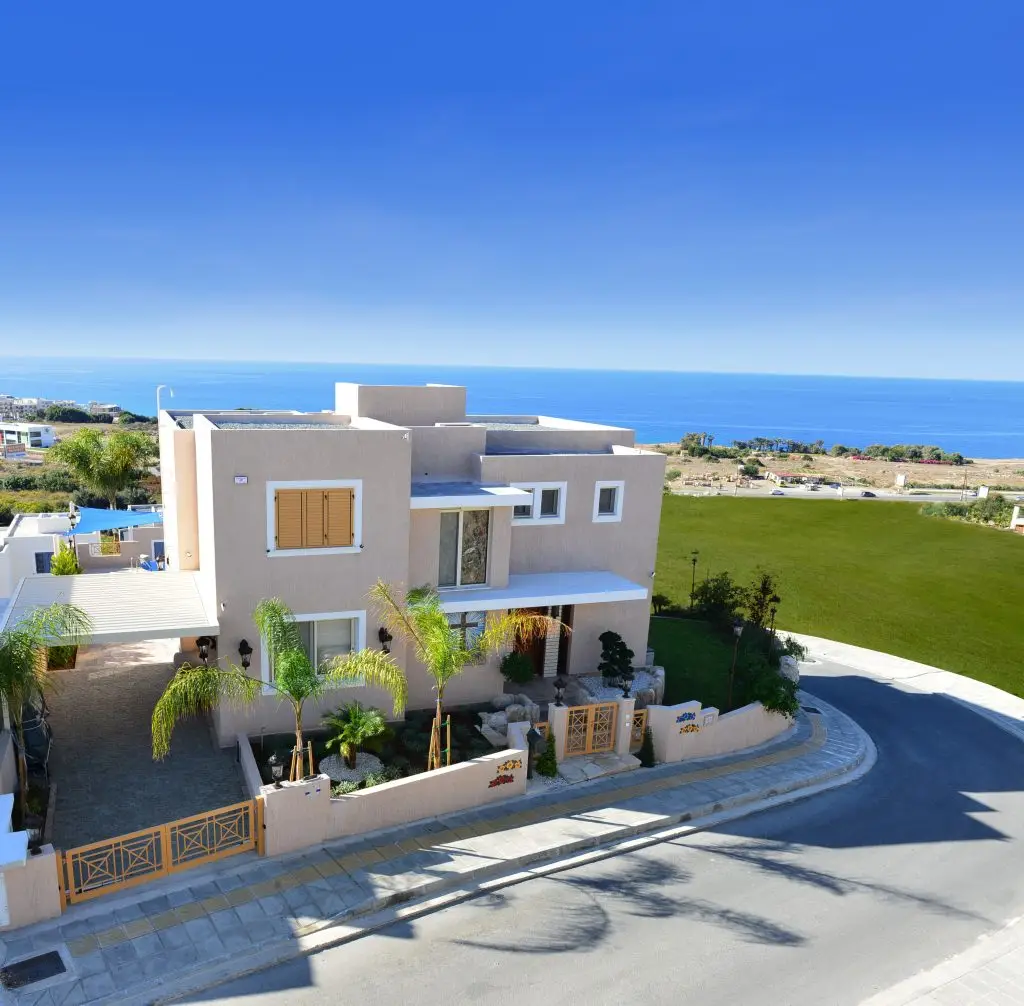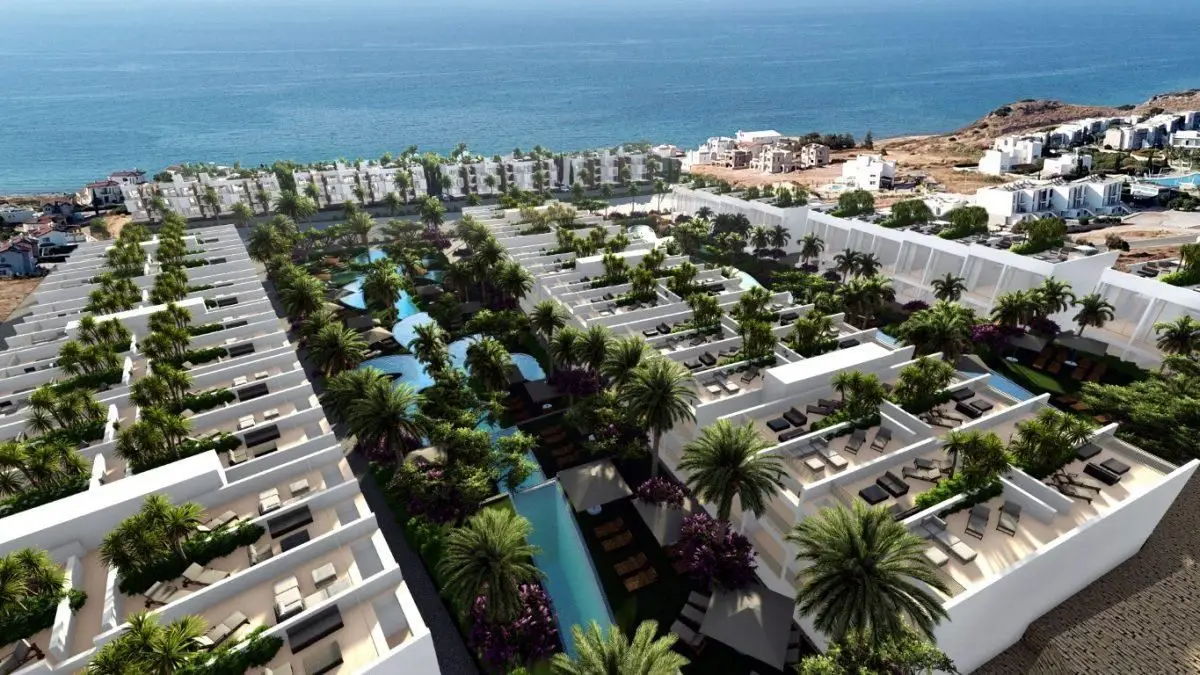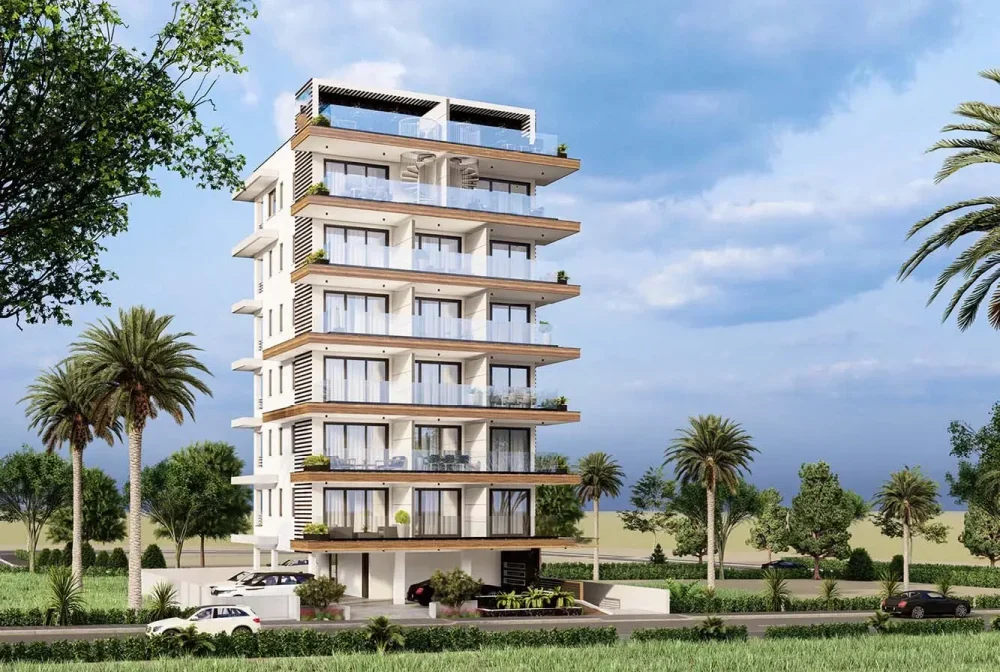In a world of global financial flows, square metres abroad remain a reliable support for the formation and strengthening of personal capital. The benefits of investing in overseas commercial property reveal not only the benefits of current yields, but also strategic sustainability in the long term.
Stable passive income against the backdrop of global risks: the main plus of investing in commercial property abroad
The dynamics of the global economy are constantly changing, but passive income from real estate continues to provide stable cash flows. The advantages of investing in foreign commercial property are manifested in the opportunity to earn profits in hard currency even during economic downturns in the home jurisdiction.
Office buildings, shopping centres, hotels and warehouse complexes in developed countries generate yields of 5-8% per annum. With the right property, rental rates are indexed to inflation, which maintains the purchasing power of capital.
Investments in regions with a tourist flow, where the occupancy rate of commercial property remains high all year round, look particularly favourable. In this aspect, Greece stands out favourably – a country showing an annual increase in the number of tourists of over 10% from 2019.
Asset diversification: protection against localised risks
 Investments in foreign commercial property open up new horizons for portfolio diversification. The advantages of investments lie in reduced dependence on the local economy, currency fluctuations and political changes. Owning assets in several countries provides capital stability in case of crises in one of the markets. Choosing between office space in Berlin, hotels in Cyprus and holiday apartments in Greece allows you to intelligently spread risks between sectors and regions. The Greek market has a special place in this list: it offers attractive start-up conditions and growth prospects due to the Golden Visa programme, which facilitates obtaining a residence permit through the purchase of real estate from 250,000 euros.
Investments in foreign commercial property open up new horizons for portfolio diversification. The advantages of investments lie in reduced dependence on the local economy, currency fluctuations and political changes. Owning assets in several countries provides capital stability in case of crises in one of the markets. Choosing between office space in Berlin, hotels in Cyprus and holiday apartments in Greece allows you to intelligently spread risks between sectors and regions. The Greek market has a special place in this list: it offers attractive start-up conditions and growth prospects due to the Golden Visa programme, which facilitates obtaining a residence permit through the purchase of real estate from 250,000 euros.
Growth in value: long-term prospects for capital growth
The benefits of investing in overseas commercial property become particularly evident when analysing the growth in asset values. The economies of many countries in Europe and Asia demonstrate a stable demand for quality facilities against the backdrop of limited land supply. The global market after 2020 shows commercial property prices growing by an average of 6-8% per year due to reforms in the construction industry and the recovery of the tourism industry. Acquisition of a property at the stage of economic recovery allows to fix the asset at a minimum price with the prospect of further capitalisation.
The tax advantages of investing in overseas commercial property
The right jurisdiction allows for tax advantages. Many countries provide incentives for foreign investors: reduced tax rates on rental income, exemption from capital gains tax on long-term ownership, depreciation write-offs.
In Greece, foreign owners of commercial property enjoy simplified taxation rules and can obtain exemption from inheritance commission if certain conditions are met. This policy encourages long-term investment and favours the preservation of capital within the family.
Benefits of lending: access to international financial products
Many banks in countries with developed markets offer mortgage programmes for foreign investors to purchase commercial real estate: the benefits of investing are enhanced by the possibility of attracting financing at low interest rates and thus increasing the return on investment. Greece is actively developing mortgage lending programmes for foreigners, offering rates from 3% p.a. with a down payment of 30% or more. This gives the investor an opportunity to spread risks between equity and borrowed funds, preserving liquidity for other projects.
Greece: detailed information about the country with maximum investment advantages
The benefits of investing in overseas commercial property are clearly embodied in the Greek market. After a decade of financial crisis, the country has steadily moved into the growth phase, proving its investment attractiveness with real indicators. The successful implementation of the “Golden Visa” programme, offering residence permits for property purchases from 250,000 euros, has attracted capital flows not only from Europe, but also from China, the Middle East and North Africa.
The Greek commercial property market shows a unique combination of factors: affordable starting prices, high growth potential and a growing tourist flow. Athens, Thessaloniki and the islands of Mykonos, Rhodes, Santorini and Crete are experiencing stable rental yields in the range of 5-7% per annum. At the same time, the cost of commercial property remains significantly lower than in Spain, Italy or Portugal, providing an easier entry into the market for average investors.
The price growth dynamics are particularly attractive: from 2022 onwards, the average value of commercial properties in central Athens is increasing by 7-9% annually due to economic recovery, employment growth and the development of the service sector. The tourism sector, which accounts for about 20% of the country’s GDP, generates stable demand for hotel, café, shop and office rentals, especially in areas close to cultural and historical attractions.
Greece is actively reforming legislation in favour of protecting foreign investors. The registration of ownership is fast and transparent, and the property tax system allows the use of depreciation to optimise tax payments. Legislative changes in 2023 strengthened legal guarantees for commercial leases, minimising the risks of tenant default.
Infrastructure development plays an important role. The European Investment Bank is financing large-scale projects to modernise roads, ports, airports and urban infrastructure. In Athens alone, the second phase of the metro extension is scheduled for completion in 2024, which will increase property values in new transport corridors by 10-12%.
In addition to major cities, investment opportunities are opening up in resort areas. Mykonos and Santorini attract the premium tourism segment, where rental rates for commercial properties reach 8-10% per annum. Smaller islands, such as Paros and Naxos, offer the chance to acquire hotels and restaurants at the stage of growth of their tourist popularity, fixing the asset at a favourable price.
Additional advantages include a stable political environment, Greece’s membership of the EU and the Eurozone, which ensures transparency of the rules of the game and the protection of property rights at the international level. Local banks, having restored liquidity after restructuring, are again actively providing mortgage loans for the purchase of commercial property, reducing the financial burden on investors.
Conclusion
 The benefits of investing in overseas commercial property go far beyond simple profitability. Such investments form a stable, profitable and reliable basis for long-term capital preservation and growth. With the right strategy, foreign assets provide stability for the financial future, risk diversification and access to global markets. Greece, with its combination of rising prices, affordable entry price tags, tax advantages and residence permit programme, deserves special attention in the portfolio of the modern investor.
The benefits of investing in overseas commercial property go far beyond simple profitability. Such investments form a stable, profitable and reliable basis for long-term capital preservation and growth. With the right strategy, foreign assets provide stability for the financial future, risk diversification and access to global markets. Greece, with its combination of rising prices, affordable entry price tags, tax advantages and residence permit programme, deserves special attention in the portfolio of the modern investor.
 en
en  de
de  ar
ar  es
es  nl
nl  hi
hi  fr
fr  it
it  pt
pt  el
el 









